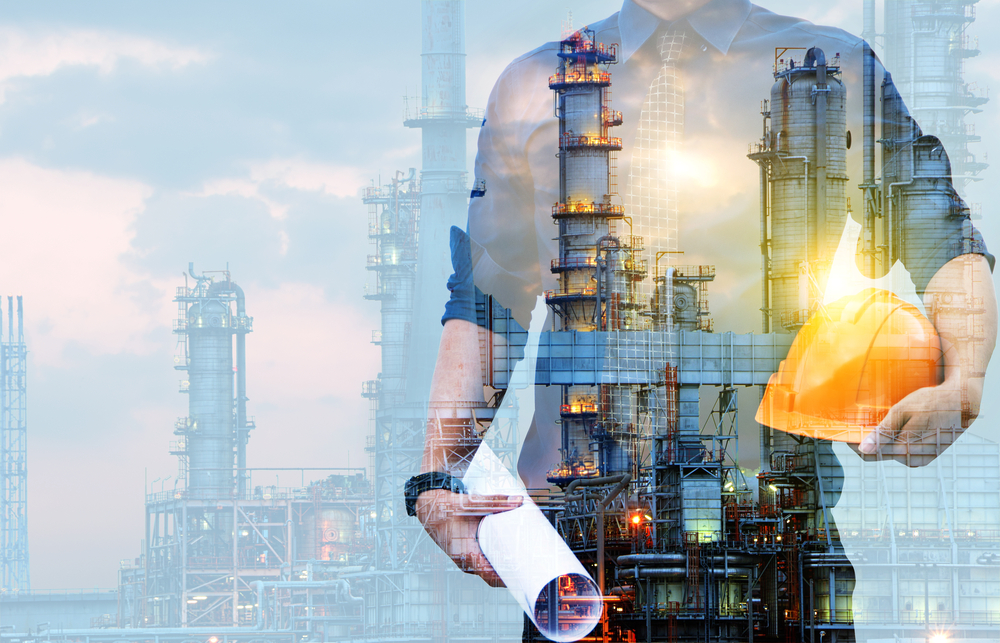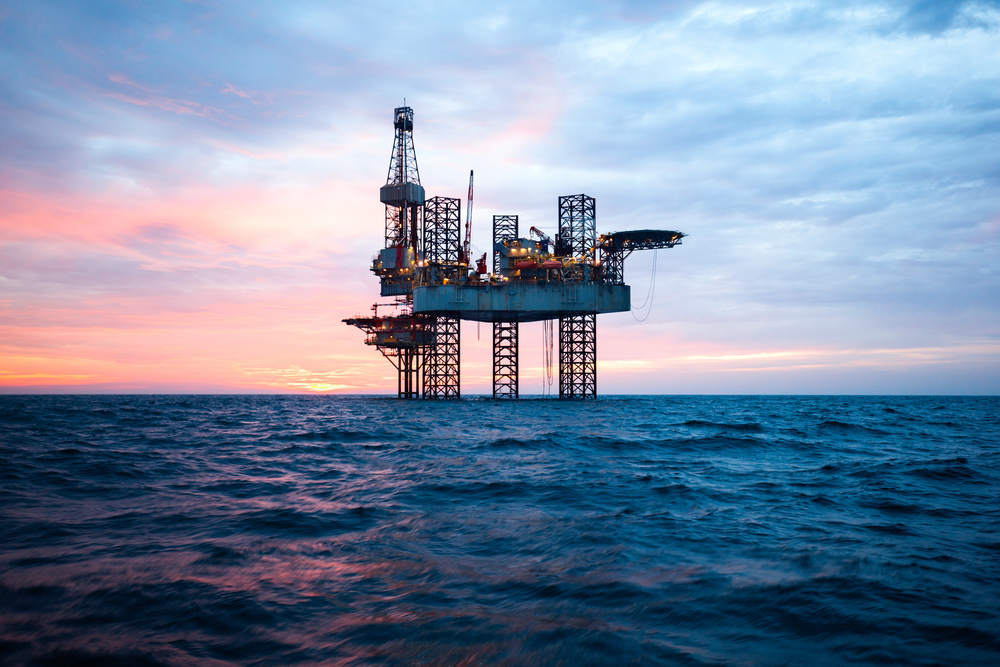
.jpg)
This course will cover the foundational concepts which are critical for any process technology as chemical reactions, heat transfer, fluid, and final control processes. Participants will come out with an adequate appreciation of how the industrial processes are structured, operated, or controlled in order to enhance efficiency and safety.
| City | Start Date | End Date | Fees | Register | Enquire | Download |
|---|---|---|---|---|---|---|
| London | 23-06-2025 | 27-06-2025 | 6200 $ | Register | Enquire | |
| Singapore | 30-06-2025 | 04-07-2025 | 5500 $ | Register | Enquire | |
| Amsterdam | 07-07-2025 | 11-07-2025 | 6200 $ | Register | Enquire | |
| Dubai | 14-07-2025 | 18-07-2025 | 4300 $ | Register | Enquire | |
| Casablanca | 21-07-2025 | 25-07-2025 | 4950 $ | Register | Enquire | |
| Cairo | 04-08-2025 | 08-08-2025 | 3950 $ | Register | Enquire | |
| Amsterdam | 11-08-2025 | 15-08-2025 | 6200 $ | Register | Enquire | |
| Cape Town | 18-08-2025 | 22-08-2025 | 5600 $ | Register | Enquire | |
| Casablanca | 01-09-2025 | 05-09-2025 | 4950 $ | Register | Enquire | |
| Manama | 08-09-2025 | 12-09-2025 | 4400 $ | Register | Enquire | |
| Paris | 15-09-2025 | 19-09-2025 | 6200 $ | Register | Enquire | |
| London | 22-09-2025 | 26-09-2025 | 6200 $ | Register | Enquire | |
| Amsterdam | 29-09-2025 | 03-10-2025 | 6200 $ | Register | Enquire | |
| Dubai | 06-10-2025 | 10-10-2025 | 4300 $ | Register | Enquire | |
| Amsterdam | 13-10-2025 | 17-10-2025 | 6200 $ | Register | Enquire | |
| London | 20-10-2025 | 24-10-2025 | 6200 $ | Register | Enquire | |
| Amman | 27-10-2025 | 31-10-2025 | 3950 $ | Register | Enquire | |
| Madrid | 03-11-2025 | 07-11-2025 | 6200 $ | Register | Enquire | |
| Barcelona | 10-11-2025 | 14-11-2025 | 6200 $ | Register | Enquire | |
| Dubai | 24-11-2025 | 28-11-2025 | 4300 $ | Register | Enquire | |
| Bali | 01-12-2025 | 05-12-2025 | 4950 $ | Register | Enquire | |
| Madrid | 08-12-2025 | 12-12-2025 | 6200 $ | Register | Enquire | |
| Cairo | 15-12-2025 | 19-12-2025 | 3950 $ | Register | Enquire | |
| London | 22-12-2025 | 26-12-2025 | 6200 $ | Register | Enquire | |
| Kuala Lumpur | 29-12-2025 | 02-01-2026 | 4950 $ | Register | Enquire |
Process engineering is a pivotal discipline in industries such as chemical, oil, gas, and petrochemical sectors. To excel in this field, a comprehensive understanding of process technology, mechanical engineering, electrical engineering, and instrumentation engineering is crucial.
Process engineers are essential for managing the movement and transformation of materials, including solids, liquids, and gases. They specialize in separation processes like distillation, heat transfer, hydraulics and fluid flow, and reaction engineering, as well as process control and economics.
A degree in process technology significantly enhances career prospects in these industries, preparing graduates for a challenging and rewarding career focused on the technical aspects of industrial operations.
By the end of this process technology training program, participants will be able to:
Unit 1: Introduction and Fundamentals of Process Engineering
Unit 2: Heat Transfer and Reaction Engineering
Unit 3: Distillation Processes and Equipment
Unit 4: Separation Processes and Equipment
Unit 5: Process Control and Economics




.jpg)














